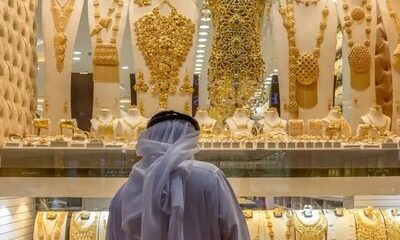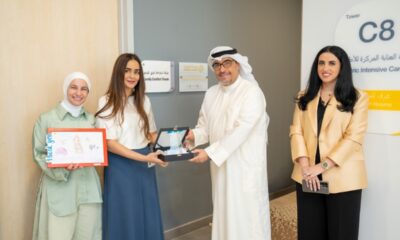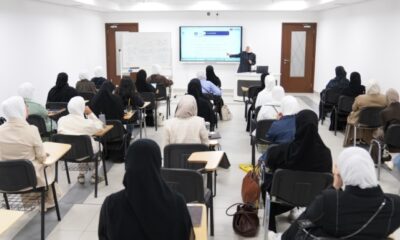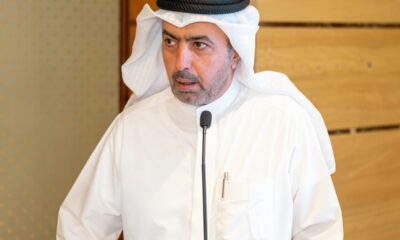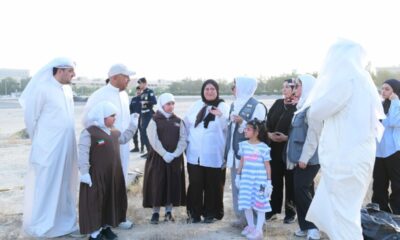KUWAIT: Recent official statistics have revealed a significant decline in the number of marriages between Kuwaiti men and non-Kuwaiti women during the first months of 2025. The data shows a 27 percent decrease compared to the same period in 2024, with only 239 marriages recorded by the end of March 2025 – down from 326 during the same timeframe last year. The data indicates that most of these marriages were with women from Gulf countries, accounting for 74 cases.
This was followed by marriages with stateless women (30 cases); Iraqis and Syrians (26 cases each); Asians (23 cases) and Egyptians (14 cases). The list also included marriages to women of other nationalities, such as Jordanians, Lebanese, Yemenis, Europeans, Americans and Africans. For many Kuwaitis, the decision to marry a non-Kuwaiti is not just a matter of the heart, it’s a journey through social stigma and legal ambiguities.
Speaking to Kuwait Times, one Kuwaiti citizen opened up about his personal experience, shedding light on the complex challenges faced by Kuwaitis who choose to marry outside their nationality. Regarding refraining from marrying non-Kuwaitis, he said “There’s often a stigma attached, where people fear how their associates and family members might react or treat them going forward. It’s not always openly hostile, but there’s an unspoken tension.”
The citizen, who fell in love with a woman outside Kuwait, described the marriage process as “a hassle,” particularly from a legal standpoint, explaining “Both parties are required to have a Civil ID to proceed with a marriage. But getting a Civil ID for a non-Kuwaiti spouse can be incredibly complicated due to heightened scrutiny. This creates a kind of legal limbo.” While the laws themselves may appear straightforward on paper, the reality is far more challenging.
He pointed out “Yes, the laws don’t explicitly prohibit such marriages, but the bureaucratic roadblocks make it very difficult in practice.” Despite expectations, he shared that his family reacted positively to their decision, saying “Their reaction was surprisingly good. I was expecting more resistance, but they were supportive.” As more young Kuwaitis seek to forge relationships beyond national boundaries, many are calling for reforms to simplify the legal process and reduce the stigma surrounding cross-national marriages.
A growing public debate in Kuwait has reignited over the implications of Kuwaiti women marrying non-Kuwaitis, with citizens expressing economic, social, and cultural concerns surrounding this phenomenon. Mohammad Al-Fadhli, a Kuwaiti citizen, voiced alarm over the financial burden such marriages could place on the state. “Imagine 19,000 Kuwaiti men married to non-Kuwaitis, and if each of them has three children, that’s 57,000 children. If each child costs the state KD 9.615 million over their lifetime, we are talking about an economic disaster. That’s KD 547 million in total! These figures are a disaster.” He called for the state to continue to encourage Kuwaiti men and women to marry from their own people and not mess with demographics and state funds.
Meanwhile, Lolwa expressed her concern about the impact of such marriages on national identity and traditions, saying “Our traditions and demographics are at risk. In Gulf countries, we are deeply rooted in our heritage no matter how modern the times become. Yes, we adapt to change, but our customs remain part of our daily lives. I thank the Minister of Interior for the great role he plays in preserving our country.” She notes that some non-Kuwaiti women may come from a non-conservative background that does not resemble the customs and traditions of the people of Kuwait, which will affect her children not adopting their father’s background.
In his turn, Rashida, a Kuwaiti citizen, offered a broader analysis of the issue, saying the rising number of Kuwaiti men marrying non-Kuwaiti women is due to multiple factors. “Economic reasons where dowries are lower. Social reasons, where some families want to ensure their daughters are married. Many Kuwaiti men have low incomes and cannot afford the financial demands of Kuwaiti brides, so they turn to non-Kuwaiti women who are more accepting of limited means. Also, many Kuwaiti women are employed and financially independent, so marriage becomes a formality.”
Rashid warned Kuwaiti women who want to marry non-Kuwaiti that this kind of relationship has long-term consequences, explaining “These marriages have financial, social and psychological consequences. The children often bear the cost of a decision made by their mother. Some women expect the state to take responsibility for the outcomes of their personal choices. I urge Kuwaiti women to think carefully before marrying a non-Kuwaiti. The law already prioritizes them in employment after Kuwaitis. It just needs proper enforcement. And that should be enough.”




